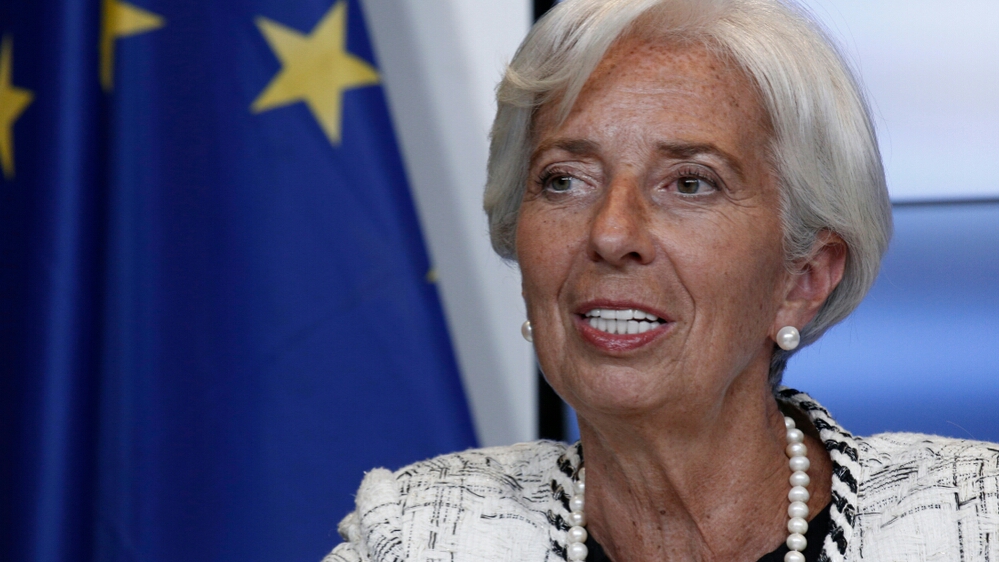Latest news about Bitcoin and all cryptocurrencies. Your daily crypto news habit.

South Korea’s central bank has warned that adopting a state-backed cryptocurrency as an official form of legal tender would threaten the country’s financial stability. In a report, the Bank of Korea (BoK) said such a currency, also known as a central bank digital currency (CBDC), could result in a spike in interest rates and a liquidity crunch.
Also read: Australian Banks Fraudulently Collected Fees From Deceased Customers
‘CBDCs Will Cause Liquidity Shortages and Interest Rates to Rise’
Built on the blockchain, CBDCs are typically issued by central banks to work just like fiat money, but without necessarily replacing bank notes and coins. Korea said at the end of January that it was not considering issuing a government-backed digital currency anytime soon because there wasn’t any urgent need for one.
Now, the Asian country has issued a report to back up that decision. According to a newspaper article published in the Korea Times on Feb. 7, the BoK explained that the introduction of a CBDC will replace demand deposits held by local commercial banks. That’s because people will likely prefer the state-sponsored cryptocurrency, which they may deem safer and secure, to the domestic fiat unit, it said.
The idea behind this thinking is that as depositors withdraw money from the bank, commercial banks will fall into a liquidity trap, forcing the money supply to drop. This will ultimately see interest shooting up.
Kwon Oh-ik, one of the co-authors of the Bank of Korea report, elaborated:
The central bank digital currency is a kind of a BoK-issued bank account. People trust it more than one in a commercial bank. Demand deposits are one of the biggest sources of loans for banks. When people pull out their money, banks raise rates, or lower the reserve ratio, to secure more funds.
Kwon further indicated that the BoK, which has conducted and recently completed a long-term study on cryptocurrencies, should be more cautious and analyze any negative consequences that could arise from the issuance of a CBDC.
Global Central Banks Show Interest in CBDCs
Cashless transactions have soared around the world in recent years, unsettling many of the control freaks who work for various governments. Bitcoin, for example, was created to challenge the conventional financial system and return the ownership of money to the people, beyond the reach of the state.
But this vision has not endeared it to global financial gurus who are steeped in tradition. Unsurprisingly, many national governments have raised concerns about cryptocurrencies and have called for tighter regulation while angling to issue their own versions of centralized digital currencies.
A recent report by the Bank for International Settlements showed about 70 percent of central banks throughout the world are researching CBDCs, although “this work is primarily conceptual and only a few intend to issue a CBDC in the short to medium term”.
However, the International Monetary Fund’s head Christine Lagarde has urged central banks to consider issuing digital currency to make transactions more secure. At a conference in Singapore in November, Lagarde argued that state-backed cryptocurrencies could satisfy public policy goals related to financial inclusion, consumer protection, privacy and fraud prevention.
“I believe we should consider the possibility to issue digital currency,” Lagarde said at the time. “There may be a role for the state to supply money to the digital economy. The advantage is clear. Your payment would be immediate, safe, cheap and potentially semi-anonymous. And central banks would retain a sure footing in payments.”
Citing the example of central banks in Canada, China, Sweden and Uruguay, which are all “seriously considering” the introduction of their own digital currencies, Lagarde said a state-issued cryptocurrency would be a liability of the state, just like fiat money. Such currencies could reduce the cost of transactions while maximizing security and spreading adoption, but they would not be censorship-resistant cryptocurrency in the true sense.
What do you think about CBDCs and financial stability? Let us know in the comments section below.
Images courtesy of Shutterstock.
Express yourself freely at Bitcoin.com’s user forums. We don’t censor on political grounds. Check forum.Bitcoin.com
Disclaimer
The views and opinions expressed in this article are solely those of the authors and do not reflect the views of Bitcoin Insider. Every investment and trading move involves risk - this is especially true for cryptocurrencies given their volatility. We strongly advise our readers to conduct their own research when making a decision.

